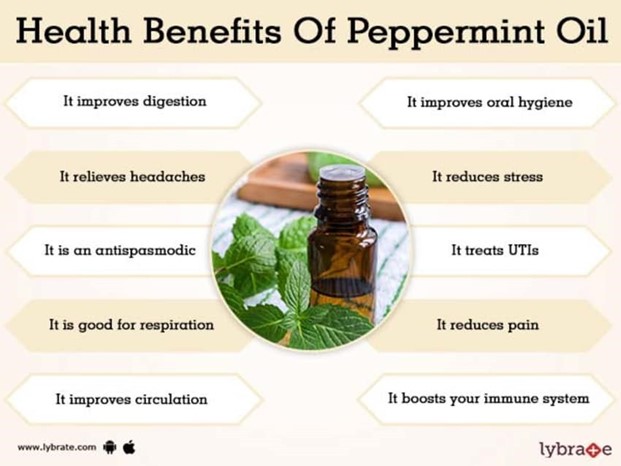A nurse is conducting discharge and teaches parents about the care of their infant after cardiac surgery.
The nurse instructs the parents to notify the physician if the conditions occur. (Select all that apply.)
Respiratory rate of 36 breaths/minute at rest
Appetite slowly increasing
Temperature above 37.7° C (100° F)
New, frequent coughing
Turning blue or bluer than normal
Correct Answer : C,D,E
The parents should notify the physician if the infant has a temperature above 37.7° C (100° F), new frequent coughing, or turning blue or bluer
than normal. These are signs of infection, respiratory distress, or cyanosis, which could indicate complications after cardiac surgery.
Choice A is wrong because a respiratory rate of 36 breaths/minute at rest is within the normal range for an infant.
Choice B is wrong because an appetite slowly increasing is a positive sign of recovery and does not require immediate attention.
Nursing Test Bank
Naxlex Comprehensive Predictor Exams
Related Questions
Correct Answer is D
Explanation
Therapeutic management includes the administration of gamma globulin and aspirin. This is because Kawasaki disease causes inflammation in the walls of small to medium-sized blood vessels that carry blood throughout the body and can lead to complications such as coronary artery aneurysms. Gamma globulin is an intravenous immunoglobulin that can reduce the risk of these complications, and aspirin can help lower fever and inflammation.
Choice A is wrong because the child’s fever is usually not responsive to antibiotics within 48 hours. Kawasaki disease is not caused by a bacterial infection, so antibiotics are not effective.
Choice B is wrong because the principal area of involvement is not the joints. Kawasaki disease affects mainly the blood vessels, but it can also cause swelling in glands (lymph nodes) and mucous membranes inside the mouth, nose, eyes and throat. Joint pain or swelling may occur, but it is not the main feature of the disease.
Choice C is wrong because aspirin is not contraindicated. Aspirin is part of the standard treatment for Kawasaki disease, along with gamma globulin. However, aspirin should be used with caution and under medical supervision, as it can cause Reye’s syndrome in children with viral infections.
Correct Answer is B
Explanation

This is because oil peppermint can stimulate the micturition reflex and help the woman to void.
Some possible explanations for the other choices are:
Choice A is wrong because pouring water over the perineum may not be enough to trigger the micturition reflex and may cause discomfort or infection.
Choice C is wrong because analgesics may not address the underlying cause of urinary retention and may have side effects such as drowsiness or nausea.
Choice D is wrong because inserting a sterile catheter is an invasive procedure that carries risks such as trauma, infection, or bladder spasms. It should be used only as a last resort after other methods have failed.
Normal ranges for postpartum bladder function are:
- Urine output: 3000 to 5000 mL/day for the first 2 to 3 days after delivery.
- Urine specific gravity: 1.005 to 1.030.
- Urine pH: 4.6 to 8.0.
Whether you are a student looking to ace your exams or a practicing nurse seeking to enhance your expertise , our nursing education contents will empower you with the confidence and competence to make a difference in the lives of patients and become a respected leader in the healthcare field.
Visit Naxlex, invest in your future and unlock endless possibilities with our unparalleled nursing education contents today
Report Wrong Answer on the Current Question
Do you disagree with the answer? If yes, what is your expected answer? Explain.
Kindly be descriptive with the issue you are facing.
